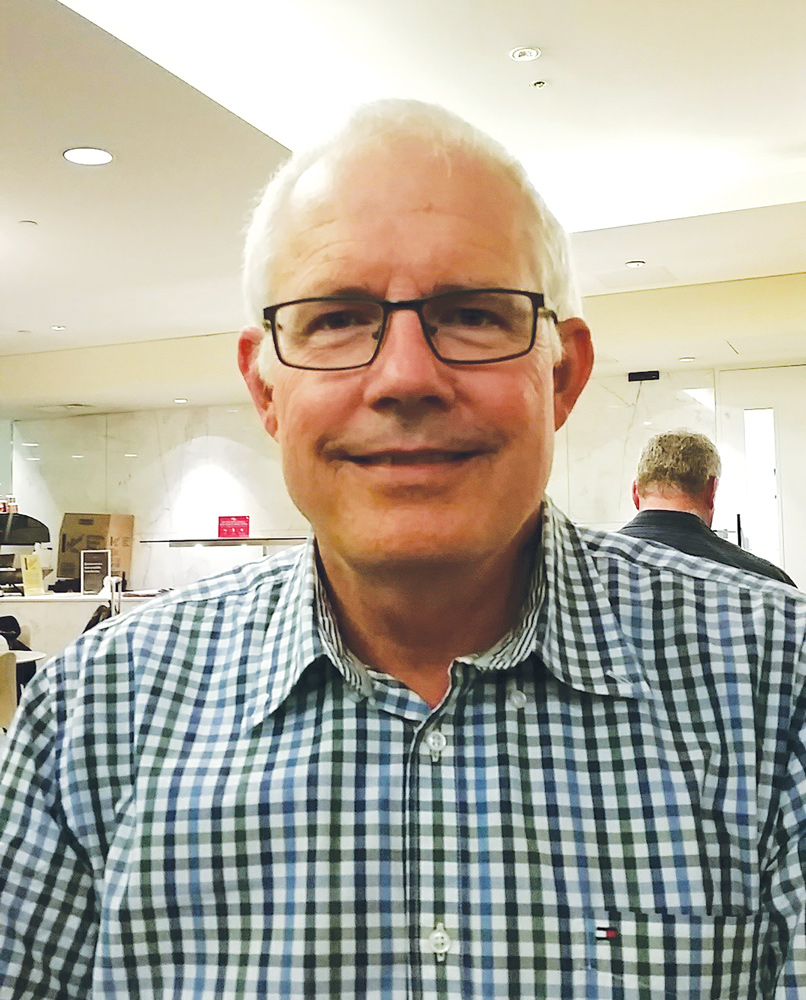Start the conversation now about advance care planning, says Andrew Allsop, director of clinical operations for Silver Chain’s palliative care in WA.
Death and the end of life are difficult topics to discuss. It is widely accepted within the health care industry that the best time to discuss advance care planning is when a person is still medically stable, rather than leaving it until their health is rapidly deteriorating.

You don’t need a life-limiting illness to start talking about your wishes. Like making a will, advance care planning is simply a part of planning for the future.
While this planning process may seem daunting and confronting, having an advance care plan will go a long way to alleviate stress and uncertainty for the patient and their family down the track.
I have the privilege of being a part of these conversations regularly. The process involves talking about values, beliefs and preferences with family and doctors. This helps them make decisions about care when the patient is no longer able.
With more than 20 years’ experience in palliative care, I cannot understate the positive impact advance care planning can have in easing these difficult transitions.
Palliative care services can provide information on how to have these conversations, based on the individual’s preferences and values, which can be written down using the template provided by each State and territory, in WA this is an Advance Health Directive.
The key steps to advance care planning are:
- Thinking about what matters most now and what will matter most when the individuals can no longer communicate clearly their choices, with input from family, friends, carers and the GP.
- Writing your preferences down, making a will, nominating substitute decisionmakers to cover financial and medical or lifestyle decisions and deciding
if organ and tissue donation is
an option. - Sharing that information with family, friends, carers, the GP and other health professionals so that information can be easily located when needed. My Health Record is also a way of storing this information.
- Advance care planning with people living with dementia is an area requiring much greater understanding and awareness. Supported decision-making approaches recognise that individuals experiencing cognitive changes must be actively involved to the greatest possible extent in decision-making about their preferences and choices.
It is never too early or too late to have these conversations with loved ones, but it is better to do it before people urgently need to do it.
Details and forms can be found at www.advancecareplanning.org.au

